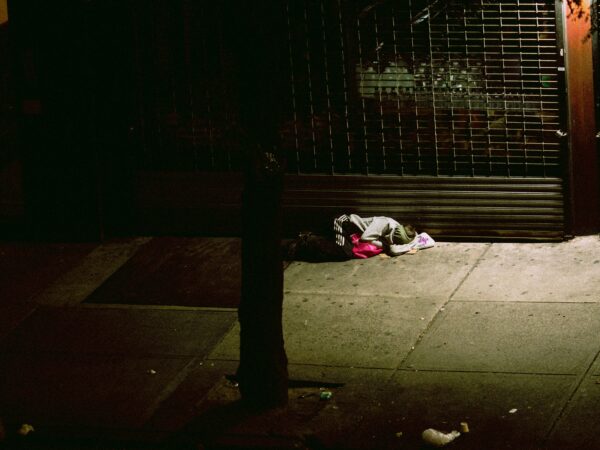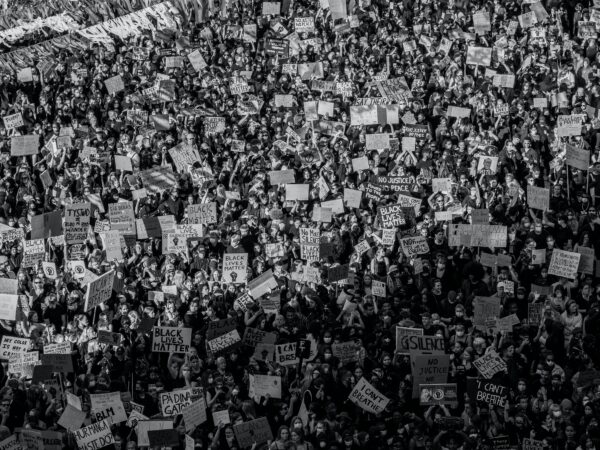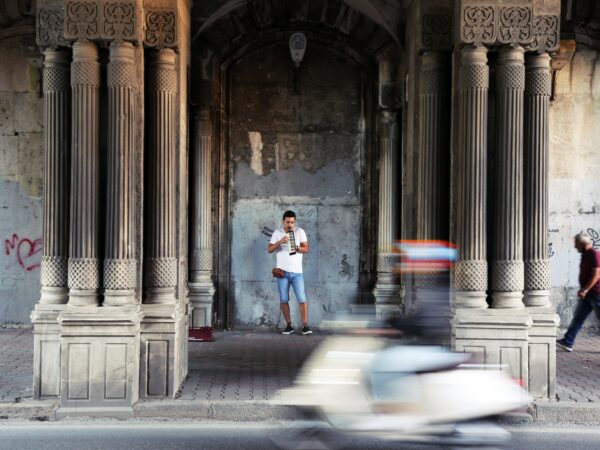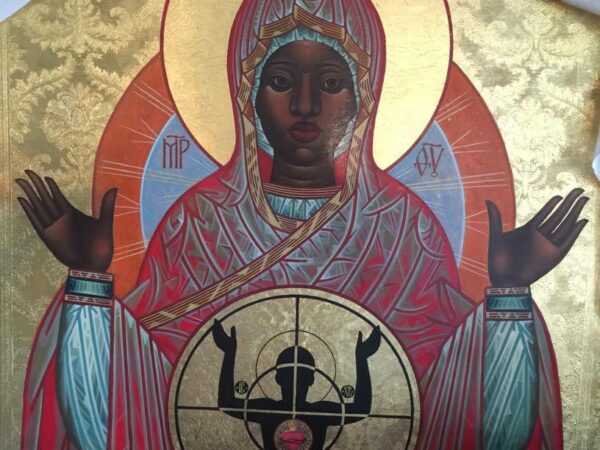
When we work towards the eradication of structures that perpetuate poverty in our communities, those that divide us, systems that perpetuate classism or any form of caste system, we each become the light that others see around them. This is also how we embody the glory of God as was experienced by the shepherds in the Lukan narrative.

“Christ the King” on the cross offers a way of exposing systemic injustice by hanging in solidarity with victims of a violent system, but refusing to buy into the same violence that sustains it.

Luke’s wordplay allows us to see this story as something larger than a particular Jesus event with a particular woman in a particular synagogue on a particular Sabbath. A one-off, straightforward healing event can be described without such wordplay. Through the creativity of his storytelling, Luke makes this moment a signal event, about a Daughter of Abraham and the work of the Christ.








